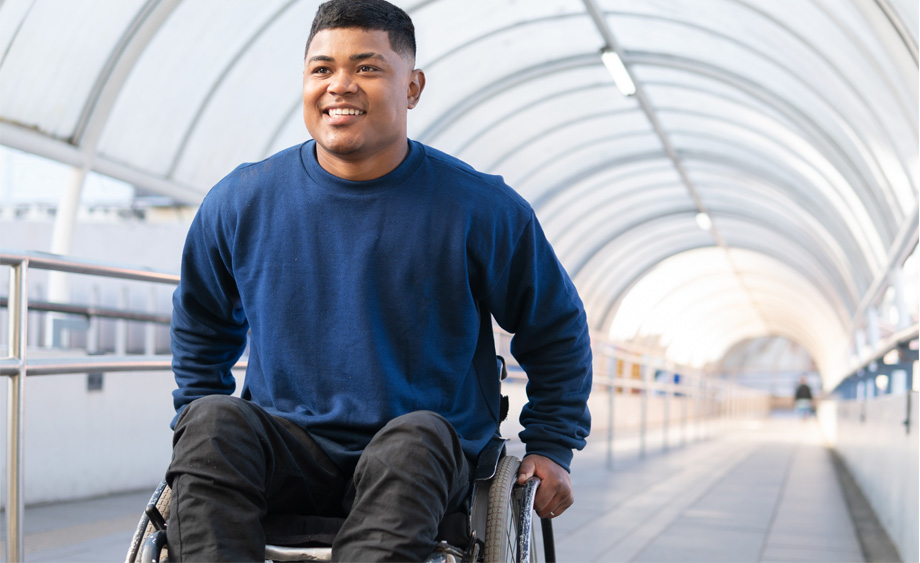
Paralysis from a brain injury, stroke or progressive disease usually brings with it a significant shock to your mental health. What was once easy and ordinary becomes difficult to impossible. Naturally, anyone would find this new state challenging, physically and emotionally, and you may develop symptoms of depression or anxiety. That is why at Good Shepherd Rehabilitation, a rehabilitation neuropsychologist may be part of your medical team.
What is a rehabilitation neuropsychologist?
A rehabilitation neuropsychologist is a specialist who understands how behavior and thinking are related to brain structures and systems. More specifically, they are experts in how injuries to the brain frequently alter behavior and mental (cognitive) function.
Neuropsychologists use standardized tests to assess cognitive function and behavior. These tests provide insight into how a patient’s injury has altered their brain’s ability to process information or changes in behavior. A Neuropsychologist uses the test results to create a plan for the patient’s rehabilitation and treatment.
Is Neuropsychology different than psychology?
Neuropsychology sits at the intersection of neuroscience and psychology. Rehabilitation neuropsychologists have a doctorate in psychology and specialized training in neuroanatomy, neuropsychological assessment, cognitive rehabilitation and pharmacology. They are experts in the science of how the brain and nervous system affect a person’s behavior, emotions and thinking. In clinical settings, a psychologist evaluates and treats mental health conditions, while a neuropsychologist evaluates and treats brain-based psychological disorders.
Why do I need a neuropsychologist?
When a stroke, spinal cord injury (SCI) or brain injury results in paralysis, you may develop clinical depression as well as changes in:
- Ability to concentrate / focus
- Speech or language processing
- Problem-solving, organization and reasoning
- Memory
- Thinking speed
- Coordination or balance
- Personality / Behavior
A psychotherapist helps you learn how to respond to these new, challenging situations with healthy coping skills. A rehabilitation neuropsychologist has the expertise to evaluate which areas of the brain are causing these changes and how severe your impairments are. Seeing a rehabilitation neuropsychologist and completing their assessments can give you and your medical team a greater understanding of the reasons for your condition.
What happens during a neuropsychological evaluation?
A neuropsychological evaluation is more in-depth and detailed than a psychological evaluation. It occurs later in the recovery process to help the outpatient team plan treatment interventions and for your return to work or school.
At the first intake session, you will be asked a series of questions. Your answers will help your neuropsychologist gain insight into the symptoms you are experiencing, your ability to perform daily tasks and your overall functioning. Later, you will be tested to identify challenges with memory, language, behavior and mood.
Different types of standardized neuropsychological tests measure:
- Memory
- Intelligence
- Executive functioning
- Attention
- Language
- Visual perception
- Motivation
- Mood/emotion
- Quality of life
- Personality style
- Problem-solving
- Reasoning
Following your evaluation, your Neuropsychologist will set up an appointment to go over the evaluation results with you and your loved ones. They will also be provided to your medical team. The results help both you and your team understand how your brain function relates to your cognitive abilities, behavior, and mood following your injury. This information will then guide your treatment plan.
To learn more about Good Shepherd’s neuropsychology services, visit our neuropsychology page.
